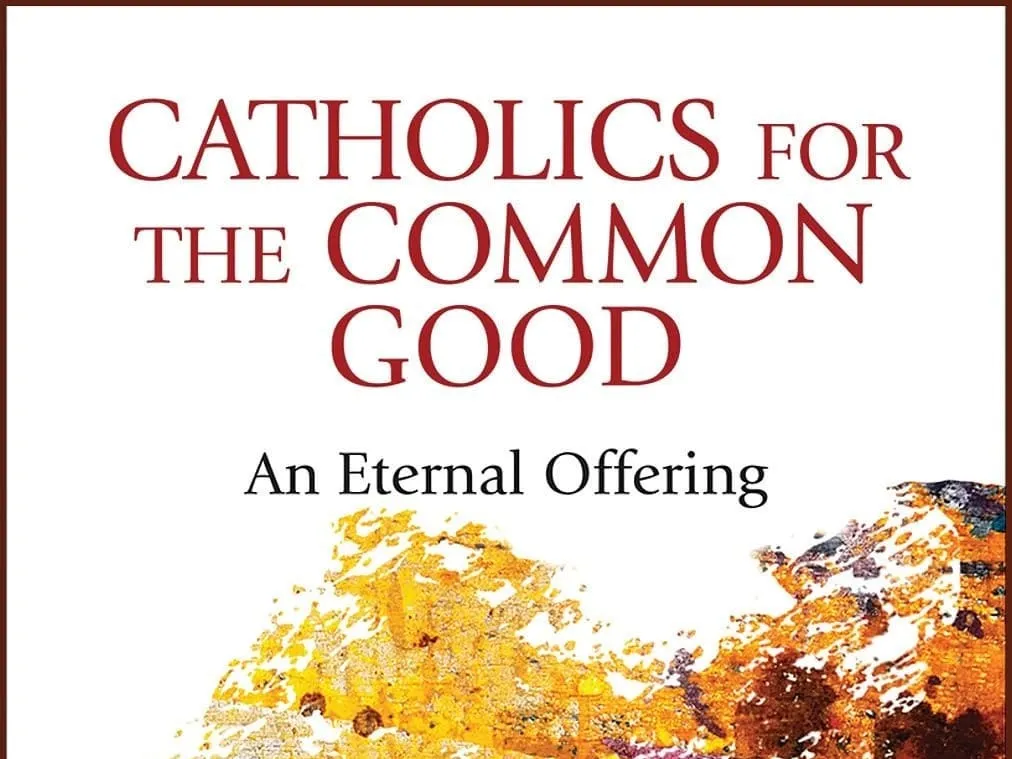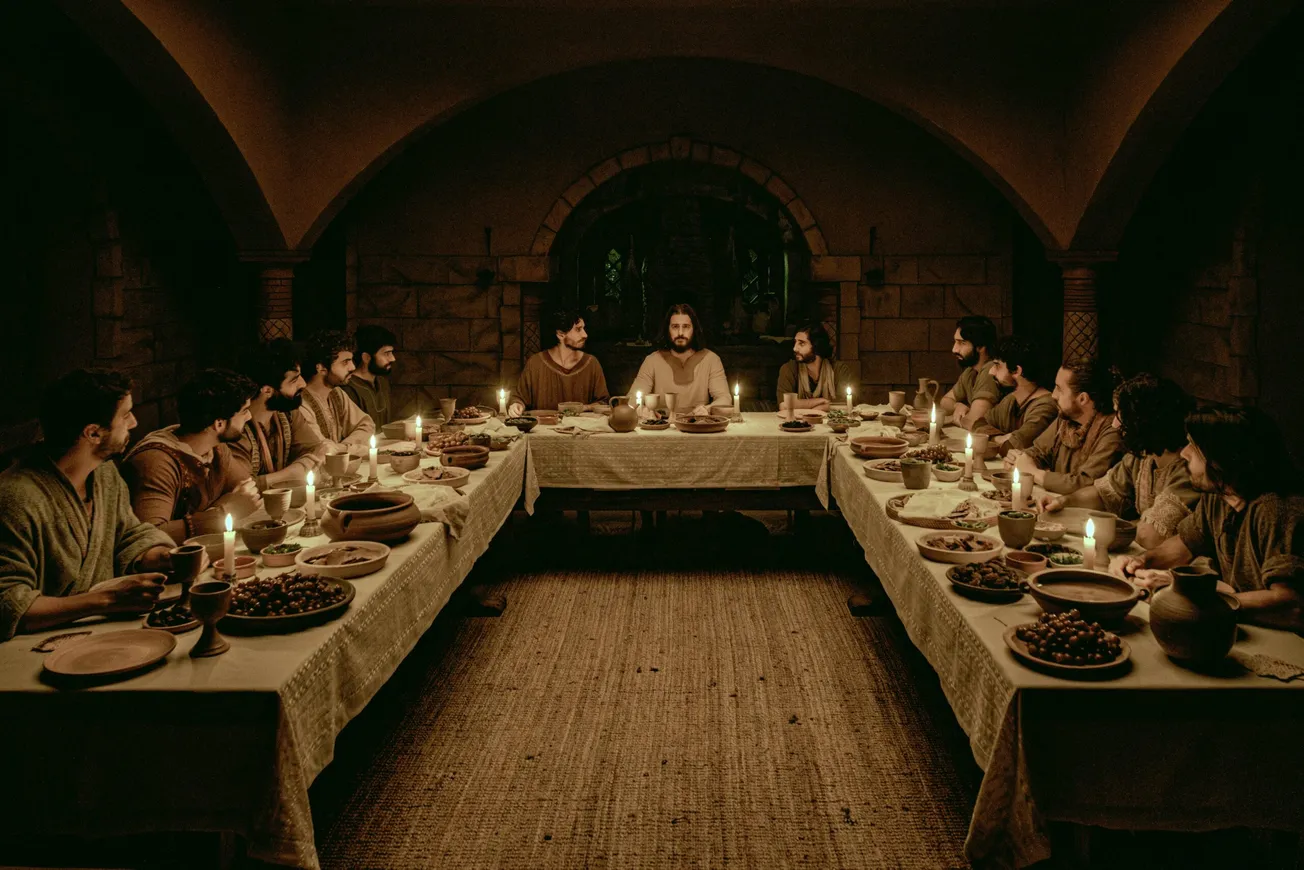“In the Shadow of Ebenezer: A Black Catholic Parish in the Age of the Civil Rights Movement and Vatican II,” a new book from Dr. Leah Mickens, is an example of what the Church, the scholarly community, and the broader society could learn by elevating the histories of those Catholics that sit at the margins of American society.
The book is a history of Our Lady of Lourdes Catholic Church, the “mother church” of African-American Catholics in Atlanta, Georgia. The parish was cofounded in 1911 by Fr Ignatius Lissner, the U.S. provincial of the Society of African Missions, and St. Katherine Drexel, the foundress of the Sisters of the Blessed Sacrament.
Mickens, the inaugural recipient of the inaugural Cyprian Davis, O.S.B., Prize from the American Catholic Historical Society and the Cushwa Center at the University of Notre Dame, is careful not to reduce the history of the parish community to White Catholic missionaries, however. She tells the stories of Black Catholics, Black Protestants—Lourdes is located just around the corner from Dr. Martin Luther King’s historic Ebenezer Baptist Church—and the White clerics and consecrated religious who would minister among them. By telling the history of this parish, Mickens contextualizes the world of Jim Crow Atlanta and the fight for Black civil rights in three distinct ways.
First, she explores the historical struggle of Black education in the South and the role of Catholic schools in that struggle—including at Our Lady of Lourdes. Second, Mickens demonstrates the unique ways that Catholicism and its institutions were perceived by and manifested within the intertwined social and religious worlds of Black Atlanta (and, frankly, Black America). Third, she elevates Black Catholics as the purview through which we meet and understand the historical moments of the Civil Rights Movement and the Second Vatican Council, both of which were and are crucial to the life of the U.S. Catholic Church.
Mickens’ text, by its own admission, “challenges the notion that the post-Vatican II period in American Catholicism was uniformly characterized by institutional and devotional shrinkage.” She reveals that racist social norms and attitudes, and the Catholic embrace of and participation in said positions, were far more pressing forces in the period of decline at Our Lady of Lourdes. She also challenges the narrative of liturgical reform being a source of Catholic decline in the U.S. by exploring the revival of Lourdes through the embrace of Black inculturated liturgies. This is one of my favorite arguments in the book.
This text is a great addition to the history of the Church in America. Catholicism and Catholic institutions have always meant something unique to the world of African Americans in the South, and Mickens illuminates that distinction.
Christopher S. Gurley Jr. is a Ph.D. student at Stanford University. He specializes in 19th and 20th-century African American religious history with a focus on African-American Catholicism.











